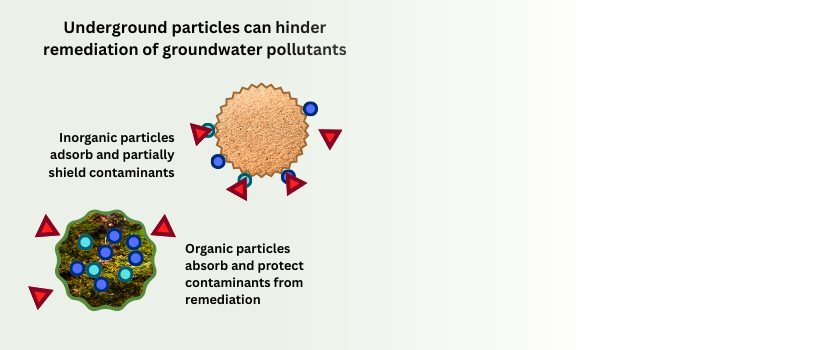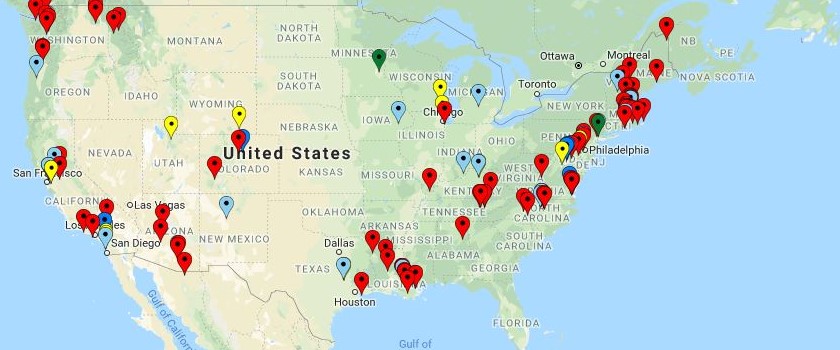The NIEHS Superfund Research Program (SRP) supports research at universities and small businesses to solve complex environmental health problems, reduce hazardous contaminant cleanup costs, decrease exposure to contaminants, and improve human health.

About SRP
SRP provides evidenced-based practical, scientific solutions to protect health, the environment, and communities. Learn more about SRP’s structure, history and mandates, and program contact information.

About SRP-Funded Research: Who, What, Where
SRP funds research grants across the country to reveal what people are exposed to and how exposures affect health, strategies to reduce exposures, and how to prevent disease.

SRP News & Highlights
SRP communicates scientific progress and accomplishments, awards, and more through news stories, public health impact stories, research briefs, and the science digest.

Trainee Highlights
A key emphasis of SRP is training the next generation of scientific leaders. Check out the latest trainee accomplishments and awards.

Webinars and Events
Meetings, seminars, and workshops allow grant recipients to share and exchange scientific knowledge. Explore past and upcoming events.

SRP Funding Opportunities
Learn about current and upcoming funding opportunities offered by SRP.











